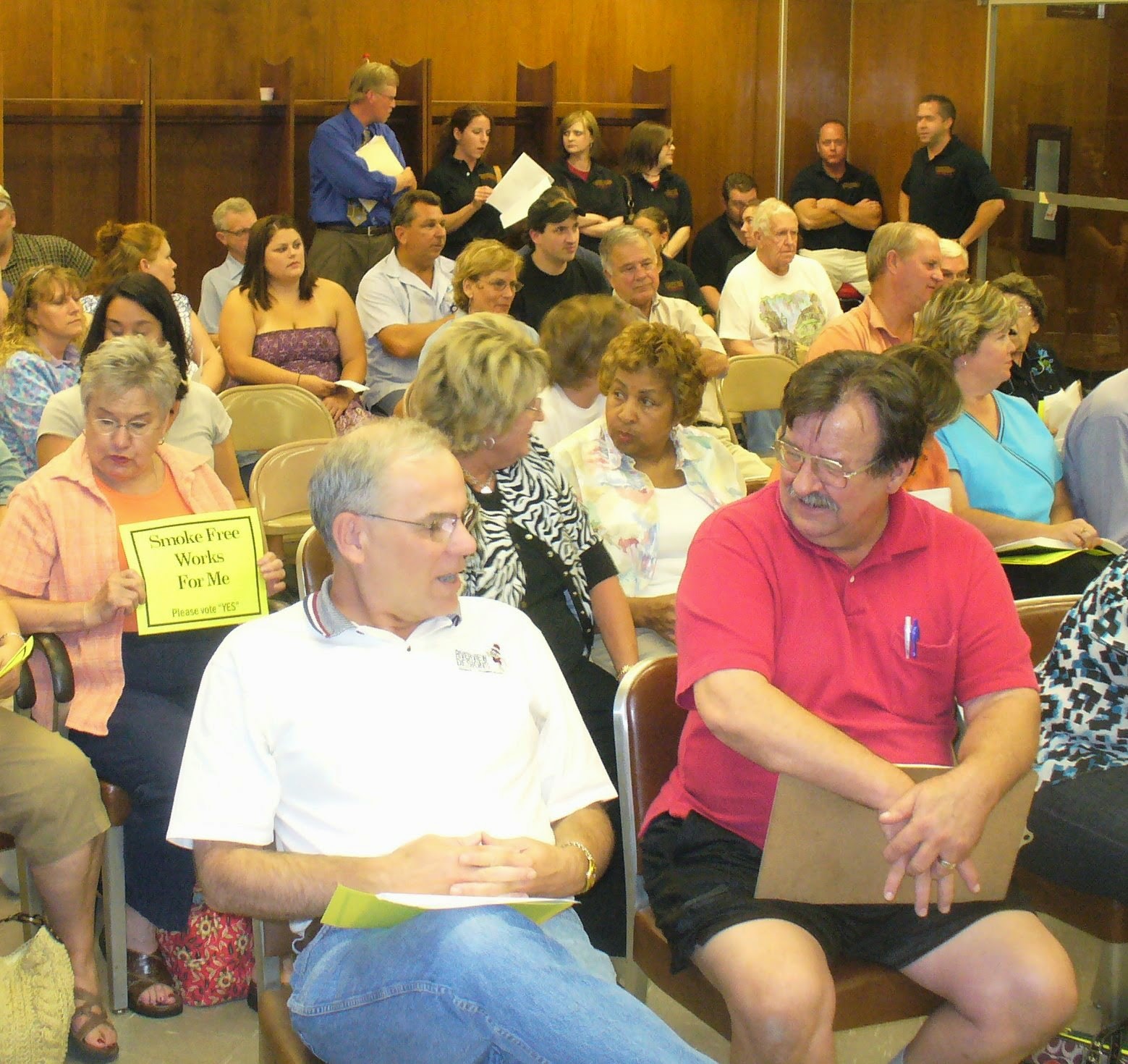
Welcome to another installment of SHANE’S EXCELLENT NEW WORDS, a regular Wednesday feature at NA Confidential.
But why all these new words? Why not the old, familiar, comforting words? It’s because a healthy vocabulary isn’t about awarding no-bid consultancy contracts by random spin of the economic dishevelment director’s Nepotism Bottle.
To the contrary: It’s about selecting the right word and using it correctly, whatever one’s pay grade or station in life.
Even municipal corporate attorneys are eligible for this enlightening expansion of personal horizons, and really, for those of us who want nothing more than to understand why we must pay legions of Louisvillians to do what locals can do on their own, for less overall expense, all we have is time — and the opportunity to learn something.
Today’s word is occasioned by an inquiry from a regular reader: “It seems that Mayor Gahan tries to avoid being in a position of spontaneity in a crowd. What do you think causes that?”
One possible explanation is agoraphobia.
agoraphobia
noun
“Fear of open spaces,” 1873, from German Agorophobie, coined 1871 by Berlin psychiatrist Carl Westphal (1833-1890) from Greek agora “open space” (see agora) + -phobia “fear.” Related: Agoraphobe; agoraphobic.
In ancient Greece, the agora was an open space in the city, used for assemblies, meetings and markets. The term agoraphobia doesn’t so much imply a fear of the open space itself, but fear of public spaces and crowds occupying them, because these cannot be controlled. If there is no control, panic ensues.
Note the pronunciation. It’s not a-GOR-a-foe-be-uh, and as such, is an example of a word I’ve often mispronounced.
Definition of Agoraphobia By Mayo Clinic Staff
Agoraphobia (ag-uh-ruh-FOE-be-uh) is a type of anxiety disorder in which you fear and often avoid places or situations that might cause you to panic and make you feel trapped, helpless or embarrassed.
With agoraphobia, you fear an actual or anticipated situation, such as using public transportation, being in open or enclosed spaces, standing in line or being in a crowd. The anxiety is caused by fear that there’s no easy way to escape or seek help if intense anxiety develops. Most people who have agoraphobia develop it after having one or more panic attacks, causing them to fear another attack and avoid the place where it occurred.
People with agoraphobia often have a hard time feeling safe in any public place, especially where crowds gather. You may feel that you need a companion, such as a relative or friend, to go with you to public places. The fears can be so overwhelming that you may feel unable to leave your home.
Agoraphobia treatment can be challenging because it usually means confronting your fears. But with talk therapy (psychotherapy) and medications, you can escape the trap of agoraphobia and live a more enjoyable life.
The Mayo Clinic definition contains several examples of the agoraphobia used in a sentence, but here’s another one:
I believe agoraphobia explains Mayor Jeff Gahan’s reluctance to attend city council meetings, as well as his tendency to avoid unscripted appearances.











